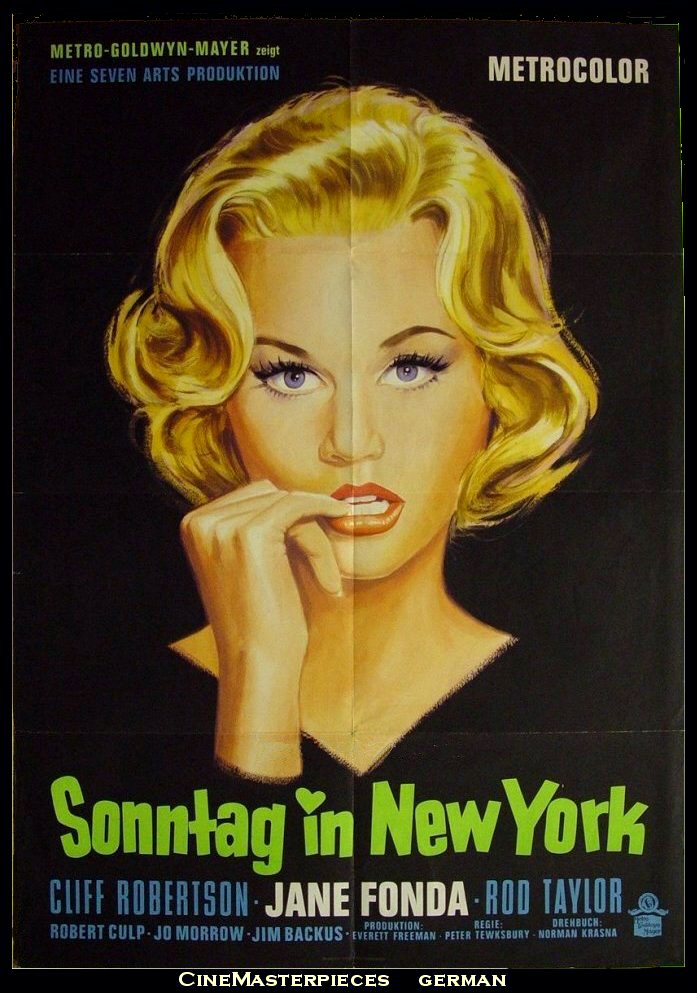 I'm not saying that I miss the Back Street Boys, 'NSYNC or any of those Boyz II Men wannabe groups, but seriously, who out there in the popular music world is really championing harmony vocals? The genesis of this question came from a conversation with harmony vocal authority (but not himself a practitioner) Andy Noble, aka the vision behind Kings Go Forth. I interviewed Andy back in March while out at SxSW for a Wax Poetics profile coming out in the next issue (#42). We had a nice long talk (according to Andy, his 2nd best interview since becoming semi-famous with the breakout of KGF - I woulda liked to sit in on the #1 interview) about Kings Go Forth, the genesis of the band and its clear focus on harmony vocals and the use of arrangements in soul music, both of which Andy pointed out, are dying traditions.
I'm not saying that I miss the Back Street Boys, 'NSYNC or any of those Boyz II Men wannabe groups, but seriously, who out there in the popular music world is really championing harmony vocals? The genesis of this question came from a conversation with harmony vocal authority (but not himself a practitioner) Andy Noble, aka the vision behind Kings Go Forth. I interviewed Andy back in March while out at SxSW for a Wax Poetics profile coming out in the next issue (#42). We had a nice long talk (according to Andy, his 2nd best interview since becoming semi-famous with the breakout of KGF - I woulda liked to sit in on the #1 interview) about Kings Go Forth, the genesis of the band and its clear focus on harmony vocals and the use of arrangements in soul music, both of which Andy pointed out, are dying traditions.  Andy reminded me that harmony vocals groups were active until very recently (think: Jodeci, En Vogue, Tony Tone Toni, Boys II Men, etc) and that even as the sweet sounding R&B vocals faded out, the rise of the Hip-Hop posse and their vocal camaraderie seemed to momentarily fill its place. But who was to blame? Why weren't these voices coming together to create something larger than the sum of their parts still getting play on the radio, the TV or in the hearts and minds of young musically-inclined youth? We both pondered who the culprit of this harmonic genocide could have been . . . Without thinking too long we both came to the conclusion that, surprise, THE MUSIC INDUSTRY, was mostly likely to blame. Kids growing up in tough neighborhoods with few opportunities to succeed will naturally look to those in their communities who have succeeded and model themselves in their hero's fashion, be they community leaders, business owners, religious leaders, drug dealers or rappers/DJs. If a record label has the option of putting out one record choosing from either: (A) fantastic-sounding four piece vocal harmony group, or (B) super charismatic female vocalist with a pretty face and the rest of the usual assets - which one represents a more sure chance at fame and money? The celebrity factor dominates.
Andy reminded me that harmony vocals groups were active until very recently (think: Jodeci, En Vogue, Tony Tone Toni, Boys II Men, etc) and that even as the sweet sounding R&B vocals faded out, the rise of the Hip-Hop posse and their vocal camaraderie seemed to momentarily fill its place. But who was to blame? Why weren't these voices coming together to create something larger than the sum of their parts still getting play on the radio, the TV or in the hearts and minds of young musically-inclined youth? We both pondered who the culprit of this harmonic genocide could have been . . . Without thinking too long we both came to the conclusion that, surprise, THE MUSIC INDUSTRY, was mostly likely to blame. Kids growing up in tough neighborhoods with few opportunities to succeed will naturally look to those in their communities who have succeeded and model themselves in their hero's fashion, be they community leaders, business owners, religious leaders, drug dealers or rappers/DJs. If a record label has the option of putting out one record choosing from either: (A) fantastic-sounding four piece vocal harmony group, or (B) super charismatic female vocalist with a pretty face and the rest of the usual assets - which one represents a more sure chance at fame and money? The celebrity factor dominates.How do you market a vocal group in today's celebrity culture? Label execs, celebrity tabloids and everyone else wants to pick the group apart to find the "star" because, sadly, the performers aren't really about the performance anymore, they're about the look, the style, and the accessories of celebrity: clothes, sex, drugs, etc. It's strange to know that even with a group like Kings Go Forth this is happening, where there's real pressure for the vintage-era vocalist "Black Wolf" to become the "leader", the charismatic band representative despite Andy's best intentions to present the group as just that, a group.
I also blame that new-fangled television with its moving pictures that lets you know in no uncertain terms that no matter how sweet the Spinners sounded, they didn't look so sweet. Sure, they could lose the moth-print jackets, but let's not kid ourselves, there's no "star" in the group. But is music for listening or watching? For old-timers and honorary old-timers, like myself, it's for listening, but I don't think anyone under 30 would agree and with that we mourn the loss of ugly dudes singing sweetly. R.I.P.
But before we go, let me share my favorite new discovery in the Vocal Soul Harmony tradition: The Younghearts! These guys rule with their dynamic arrangements, killer voices and memorable hooks. I first snagged this fantastic two-sided 45 with "Oo La We" and "Change of Mind" a couple months back and then a couple weeks ago found, what I believe to be, their first LP "Do You Have the Time?". They reminded me a lot of Kings Go Forth and the great combination of unusual song structures/arrangements with heavenly harmonies. I'm sure if Andy were here right now, he could recite their curriculum vitae and give you a top ten . . .
 The Young Hearts - Oo La We
The Young Hearts - Oo La WeI love any soul song with acoustic guitars and this weird song just works its way into your brain and heart, making one want to remark to complete strangers: "Oo La We!"
The Young Hearts - Change of Mind
Another fantastic arrangement with more of a funk or rock feel.
 The Young Hearts - I'm Still Gonna Need You
The Young Hearts - I'm Still Gonna Need YouYou can't be a vocal group and not have a fair share of slow jams. Historically, that's where vocal groups really excelled and this is no exception. I believe this was the main single from this album.
The Younghearts - Do You Have the Time? (S.K.A.T.T.)
Speaking of Hip-Hop posses, this track is the equivalent of a golden-era hip-hop skit . . . a short and sweet playful studio goof, but unlike most skits this little throw-away rehash of the 6-minute title track is pure fire. Makes me wanna be an old school radio jock just "rapping" about the weather and shit over this funky groove.


































